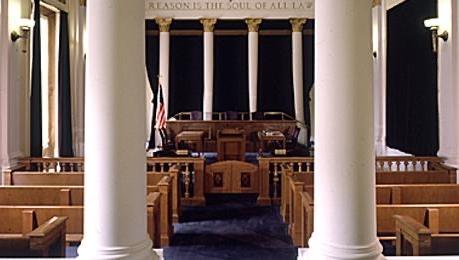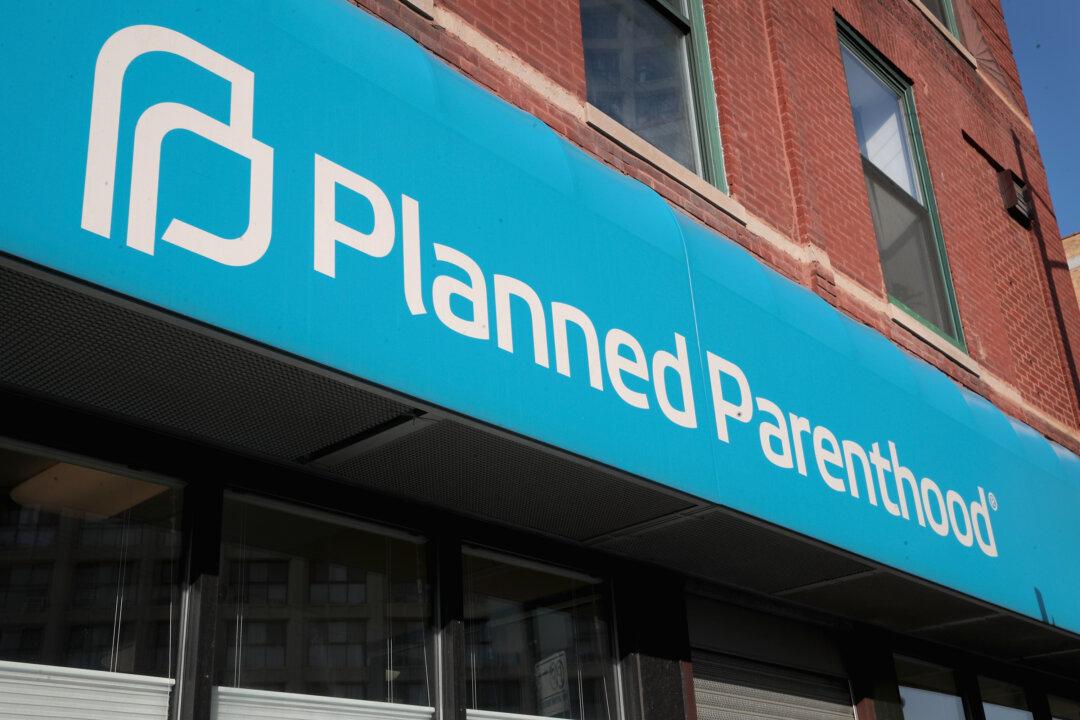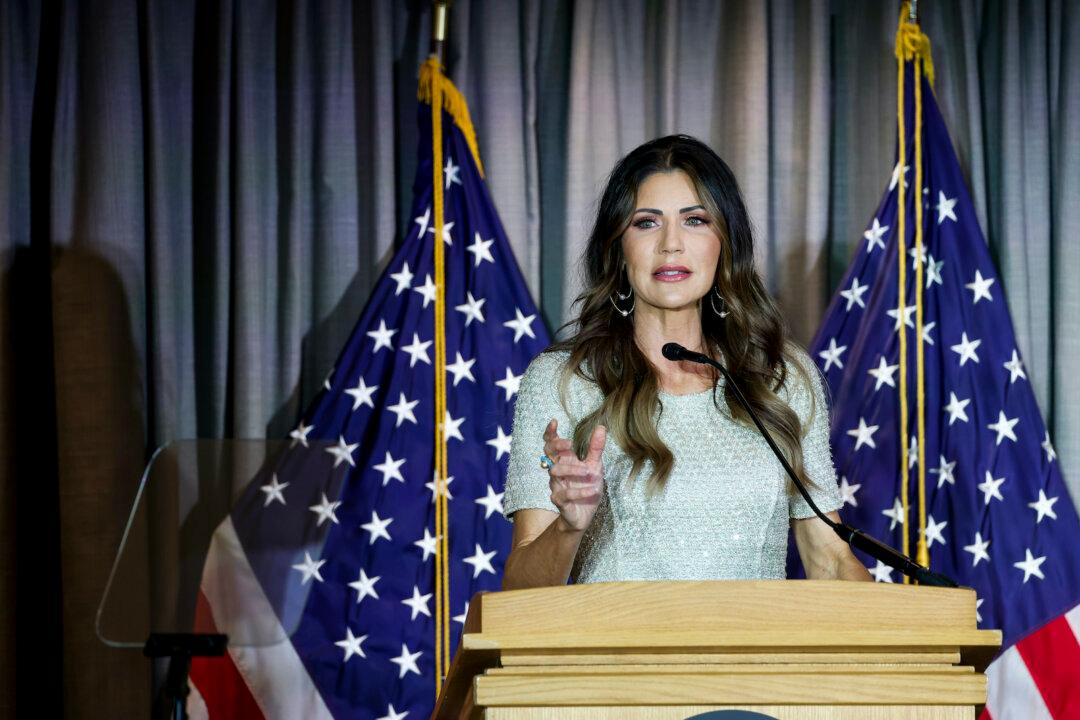Colorado’s Supreme Court on Tuesday denied child sexual abuse victims to file lawsuits from previous assaults that happened over a decade ago.
Colorado’s Child Sexual Abuse Accountability Act, passed in 2022, was meant to allow child victims to bypass the statute of limitations and seek reparations and accountability for their assailant and/or organizations that might have failed to catch and stop any abuse.





